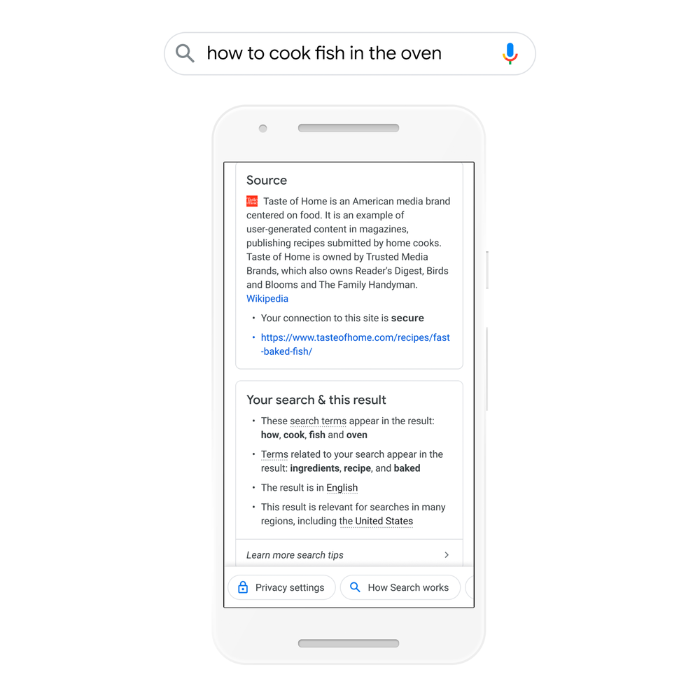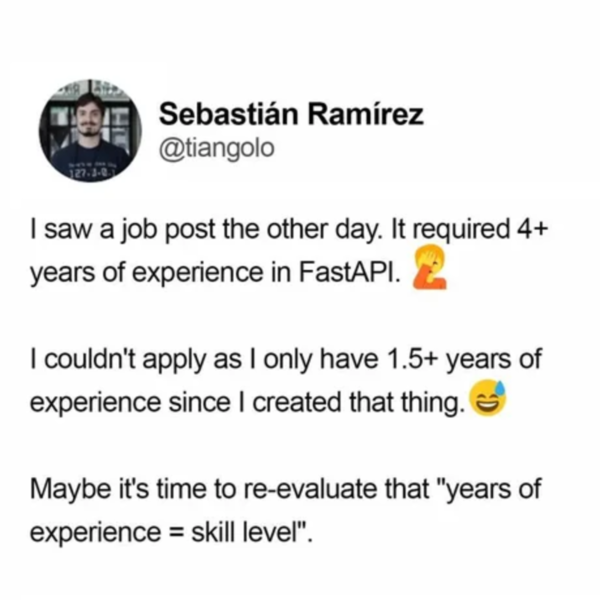1. Good Monday Morning
It’s July 26th. Jury selection begins today in the federal civil rights trial of Derek Chauvin and three other former police officers. Chauvin was convicted on state-level murder charges earlier this year.
Today’s Spotlight is 1,024 words — about a 4 minute read.
2. News To Know Now
Quoted:“This is a big deal. For so long, the tide has been going the other way, with companies adding arbitration clauses to their contracts.”
— NYU Law Professor Florencia Marotta-Wurgler about Amazon dropping mandatory arbitration from its terms of sale in favor of federal courts. (NY Times)
a) Sen. Amy Klobuchar (D-MN) introduced a bill on Thursday that would remove liability protections from social media platforms when their users spread misinformation related to public health emergencies. The bill calls for Health and Human Services officials to determine what qualifies as misinformation. (Wall Street Journal)
b) Windows 11 upgrades will be free for Windows 10 users when the new program rolls out later this year. CNET suggests that the rollout could begin in October.
c) Amazon has canceled NSO Group’s hosting services after the spyware company’s software was found on tens of thousands of phones, including those of activists, journalists, and 14 heads of state. (Gizmodo)
3. Search Engine News — New Labels on Search Results
There are new technical guidelines to let Google know that videos on a website have key moments that can be shown separately in Google’s search results.
The company also announced new best practices for websites that have content about discounts on their websites. One big change: a separate page for each sales event, but reusing the same URL each year for Black Friday and Cyber Monday sales. In other words, Google doesn’t want URLs ending in blackfriday2019, blackfriday2020, etc.
Google has also expanded the explanation area on its search results to provide more information about why it provided a specific result. You won’t be getting a key to Google’s secret algorithms, but you will see which words in your search query triggered the specific result. There will also be an indication if your search query was answered by a local result.
Here is what that expanded section will look like.

4. Spotlight Explainer — Getting Sued For A Review / SLAPP News
A favorite line among attorneys who have spoken with me over the years is that anyone can sue anyone else over anything. That includes online behavior as many have found out.
You Spelled SLAP wrong: SLAPP is an acronym stands for (S) trategic (L) awsuit (A) gainst (P) ublic (P) articipation. It’s a way the legal profession identifies lawsuits meant to intimidate and silence a defendant. It’s such a serious problem that many states and countries have passed anti-SLAPP laws. Unfortunately, anti-SLAPP laws in the U.S. vary widely between states.
Uh-Oh. Someone Got Sued, Huh? Yep. A Vancouver couple wrote a negative review about a roofing company that worked on a house they rent. The company demanded it be removed and eventually sued them for $112,000 plus $28,000 per week.
Does This Happen A Lot? More often than you might expect. You can read about many cases at the Public Participation Project. A well known case from two years ago involved a retiree complaining online about a vet practice following the death of his 10-year-old poodle.
Other famous cases involve Rep. Devin Nunes (R-CA) filing a lawsuit against the unidentified owner of a Twitter parody account. The content need not be negative. A mini amusement park in Branson, Missouri, sued a man over a 3 star review on Trip Advisor.
Help Me, Spotlight! How Can I Protect Myself? You know that we have you covered. The folks at Community Action Works have assembled a nifty infographic called The Truth About SLAPP Suits that you’ll want to read.
5. Debunked — Anti-Vaxxers Now Hiding
NBC News reported last week that anti-vaccination groups are using coded language on Facebook and Instagram to evade bans on their activities. One group has 40,000 members online with a backup group of 20,000.
The groups are reportedly calling themselves “Dance Parties” or “Dinner Parties” and refer to vaccinated people as “swimmers” who have joined “a swim club.”
6. Following Up — Amazon Reviews and Missing Merchants
We’ve written a lot about how some companies sell fake Amazon reviews. Oft-cited brands Aukey and Mpow were banned by Amazon, reportedly for that practice, although The Verge has found both companies still selling via Amazon.
The Verge is also reporting that a sixth Chinese electronics company, Choetech, is now missing from Amazon. Their review found only listings from third-party sellers.
7. Protip — Hotel Wi-Fi
With so many more people traveling this summer, it’s worth remembering that hotel Wi-Fi services are unsafe to use. You should absolutely avoid them if at all possible, and certainly never login to your bank or other private information services.
For now, you should read “I’m Begging You To Use A VPN At Hotels.” The VPN services we see recommended most often are Mullvad and IVPN.
Both have plans for only a few dollars each week or month. Please don’t use a free VPN service.
8. Screening Room – Cow Pedometers
9. Science Fiction World — Charging on the Go
Some of you are still stuck on the notion that electric and hybrid vehicles are science fiction enough for you, and I absolutely understand that. Now there’s word from Indiana that work is beginning this summer on pavement that will charge electric vehicles in motion.
10. Coffee Break — Is It Prime?
Let’s find out how well you remember your multiplication tables. Remember that a prime number is one that can only be evenly divided by itself and the number one.
This browser game gives you 60 seconds to sort prime numbers from non-prime numbers. It’s ridiculously addictive. You have to restart if you get one wrong.
11. Sign of The Times





